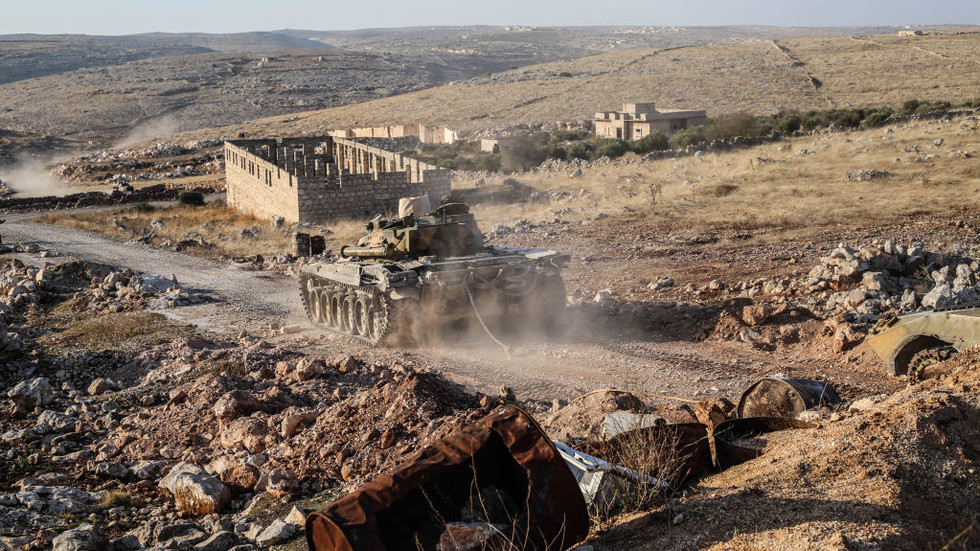In recent developments in Syria, a significant escalation of violence has occurred, particularly affecting civilians, including children. Reports indicate that a minimum of 27 civilians, among them young children as young as eight, have fallen victim to Islamist militant attacks in the northwest regions of the country. This surge in violence is attributed to the actions of the group Hayat Tahrir-al-Sham (HTS), which has launched a large-scale offensive targeting the provinces of Aleppo and Idlib. The attacks have reportedly permitted the militants to seize control of areas previously held by the Syrian military, raising alarms about the deteriorating humanitarian situation in the region, as reiterated by David Carden, the UN Deputy Regional Humanitarian Coordinator for the Syrian Crisis.
The current conflict marks the first substantial military engagement involving Syrian rebels, jihadists, and government forces since a ceasefire was brokered by Russia and Turkey in March 2020. Carden has expressed grave concern over the relentless nature of the assault, emphasizing that civilians and civilian infrastructure must be safeguarded under International Humanitarian Law. The striking numbers of casualties, particularly among children, reflect the dire implications of these escalating hostilities on non-combatants within the affected regions. The toll on human life coupled with the systematic targeting of essential infrastructure has forced humanitarian organizations to raise urgent calls to protect innocent lives from such violent encounters.
The attack, described as a major shift in the conflict dynamics, underscores the breakdown of previous ceasefire agreements, which had momentarily held since early 2020. Notably, the ongoing conflict appears to have birthed a renewed military initiative from the Syrian government forces, who launched a counteroffensive to reclaim lost territories. Following the initial attacks, Syrian military efforts reportedly succeeded in repelling some of the militant advances southeast of Idlib, sparking intense military confrontations in areas surrounding rural Aleppo. Local news sources have pointed to continuing clashes and military tensions, highlighting the precarious nature of security within these contested regions.
Amidst this backdrop of violence, Russia’s involvement in the Syrian civil conflict remains pivotal, particularly since Moscow initiated its military intervention in 2015 at the behest of President Bashar Assad. Russian forces aim to combat terrorist factions such as ISIS and Jabhat al-Nusra. The Kremlin has responded to the rising tensions by labeling the latest militant offensives as a direct assault on Syrian sovereignty, reflecting a broader geopolitical concern regarding the control of territory and influence within the region. Russian and Syrian air forces have previously conducted coordinated strikes against HTS positions, demonstrating an ongoing resolve to counter terrorist threats.
The humanitarian implications of the escalating confrontations cannot be overstated, with local and international humanitarian agencies sounding the alarm over the increasing risks posed to civilians. Governments and humanitarian organizations are advocating for immediate protection measures to ensure the safety of those caught amidst the violence. To complicate matters further, Syrian authorities have made claims about external support for terrorist factions, particularly from Western countries, suggesting a complex web of geopolitical influences that exacerbate local conflicts.
As the situation continues to develop, the rhetoric between the Syrian government and foreign entities reflects deep-seated mistrust and allegations of external meddling in the nation’s internal affairs. While Damascus points fingers at Western involvement, particularly in alliance with Kurdish groups and insurgents, observers warn that without significant international intervention or diplomatic engagement, the cycle of violence may escalate further. The humanitarian crisis, now showing significant signs of resurgence, poses a challenge that will require concerted efforts from the international community to facilitate dialogue, relieve civilian suffering, and restore stability to a region beleaguered by years of conflict.

